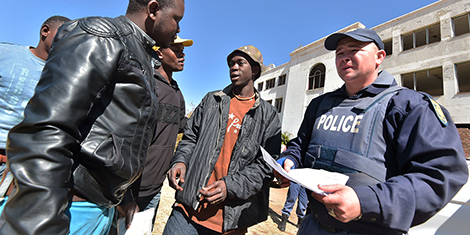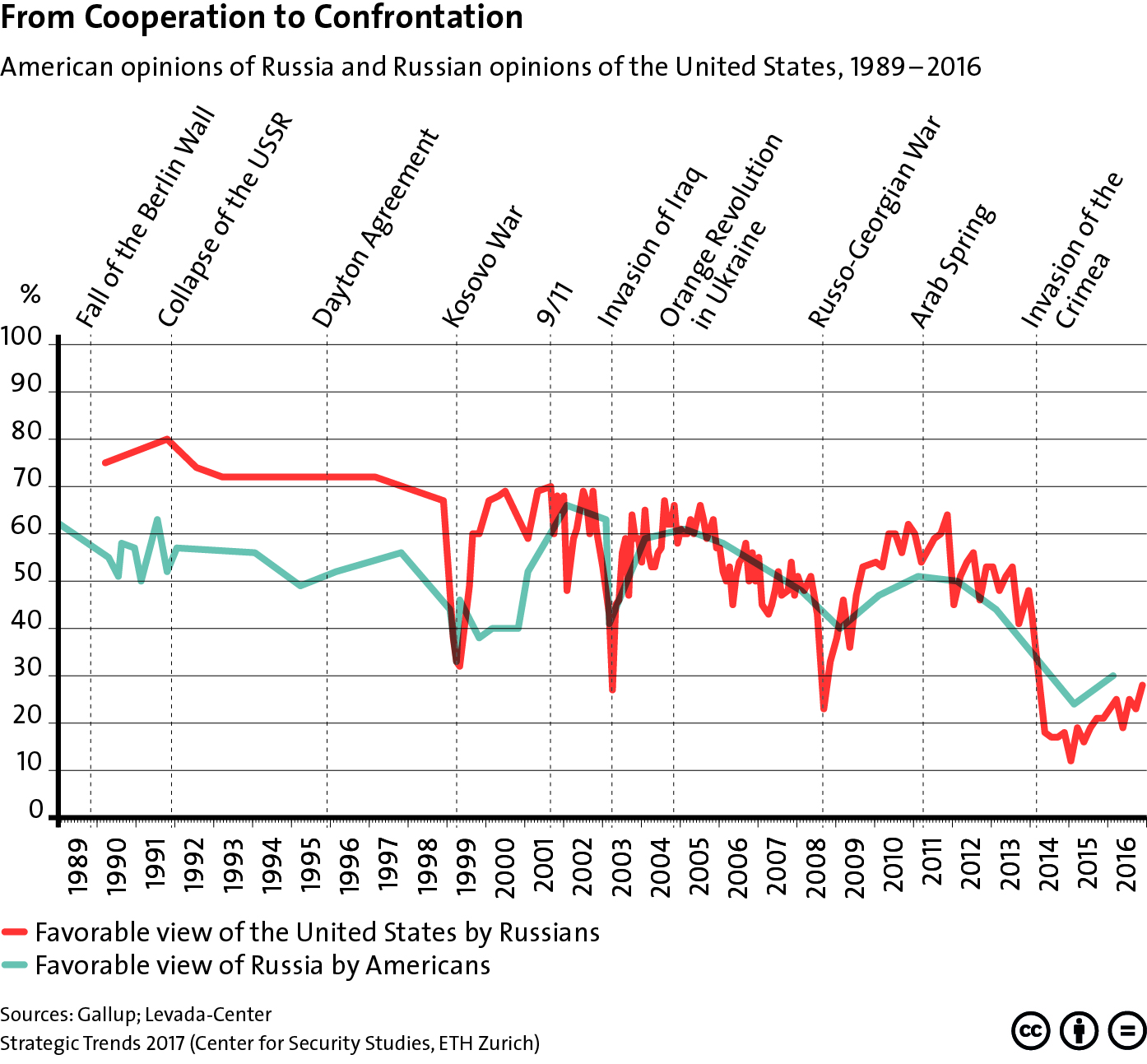
This article was originally published in ISS Today by the Institute for Security Studies (ISS) on 12 March 2019.
Trust is the glue that binds people together. When people trust in democratic institutions they are free to interact and trade with strangers, restrain violent impulses and obey the law without fear of being cheated. But in South Africa, trust is sorely lacking.
Research suggests that one of the most reliable ways to build trust is through education. Reducing inequality also improves trust. Solving South Africa’s education and inequality crises is crucial, but will take many years.







